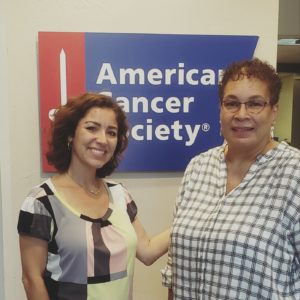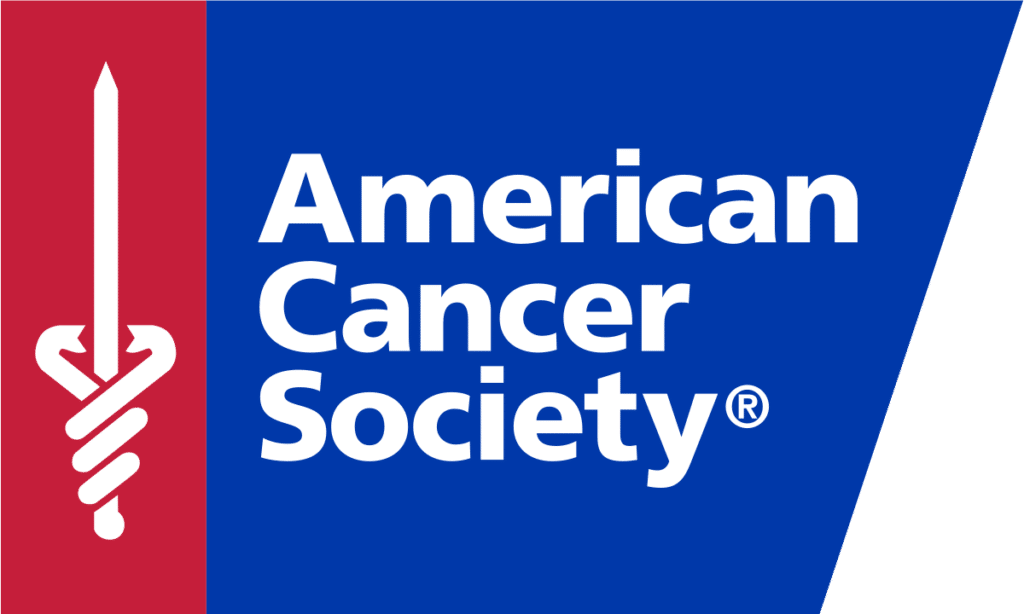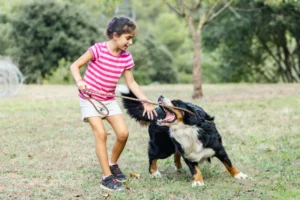Kinney, Fernandez, & Boire P.A. Our personal injury lawyer provides experienced litigation representation for injury victims of accidents due to negligence in communities throughout the Tampa Bay Area and Central Florida including, Tampa, Clearwater, St Petersburg, Sarasota, Town ‘n’ Country, Brooksville, Spring Hill, Lakeland, Plant City, Brandon, Bradenton, Palm Harbor, Holiday, New Port Richey, Trinity, Tarpon Springs, Citrus Park, Westchase, Lutz, New Tampa, Odessa, Dade City, Zephyrhills, Mulberry, Dover, Seffner, Riverview, Gibsonton, Ruskin, Bartow, Palmetto, Largo, Frostproof, Valrico, Seffner, Wimauma, Carrollwood, Pinellas Park, Siminole, Treasure Island, Indian Rocks, Indian Shores, Bellair, Madeira , Redington Beach, Anna Maria Island, Perico Bay, Holmes, Bradenton Beach, Millar Bay, Coquina, Long Boat, St Armands, Lido, Siesta, Casey Key, and Venice Florida.
The information on this website is for general information purposes only. Nothing on this site should be taken as legal advice for any individual case or situation.
This information is not intended to create, and receipt or viewing does not constitute, an attorney-client relationship.




